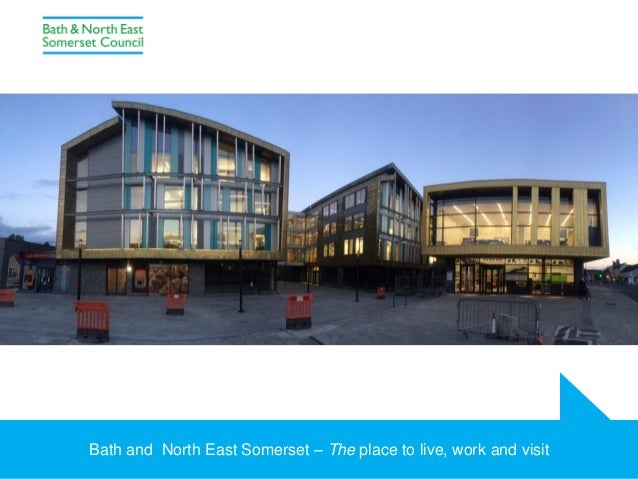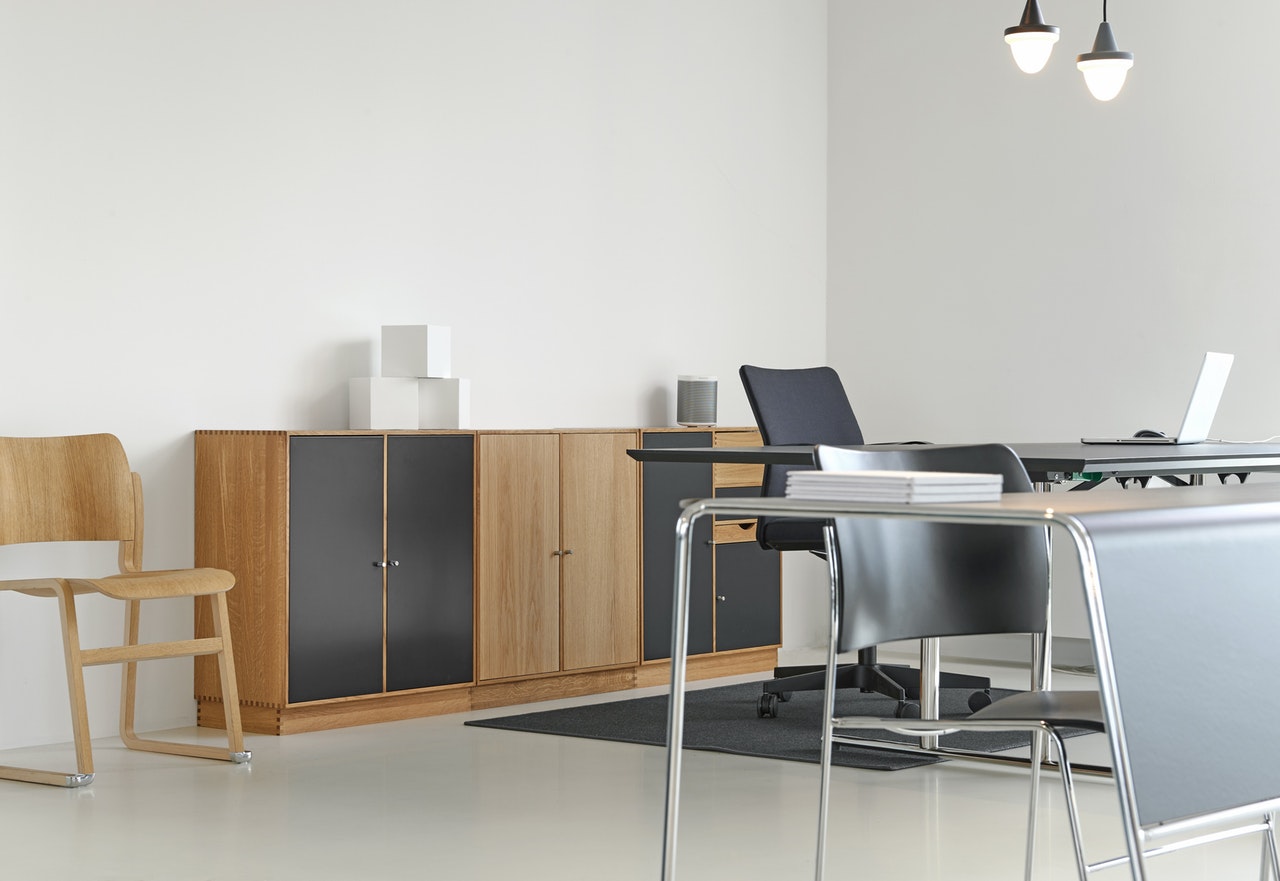Warp It are pleased to welcome Micaela Basford, Corporate Sustainability Officer at Bath and North East Somerset Council.
Micaela has kindly joined us to talk about ethical and sustainable building clearances, providing a wealth of insight and knowledge about the role in which charities play in supporting a shared economy, as well as :
- Organising events at short notice that almost guarantee participation both internally and externally within a council environment
- The pros and cons of internal redistribution and the challenges that may occur
- Encouraging a psychological change to see donations as a cost saving rather than an expense or loss
This is not our first interview with Micaela, in fact, it’s the second of three value packed articles here on our blog. In the first interview, we covered building decommissions, using social skills to build a supportive team, and being reactive when faced with short-notice clearance operations. In the third interview, we discuss planning ahead, hosting collection evenings and organising a stationery amnesty.

Without further hesitation...
Micaela, I’d love to pick your brains about internal redistribution. Can you tell me about your recent project?
We did the main bulk of our Warp It work when we cleared out the Riverside Building and moved into our new build. We had an extremely short turnaround time to be able to do that. Despite having this in planning for a year or more, we didn't know what our actual turnaround time was going to be until the last minute. Also, we had a very limited amount of time to actually identify what was able to be donated, right until the very last minute. This was because decisions were still being made further up the line about what was happening where, and what was needed elsewhere.
We labelled every bit of furniture while staff were still in situ in the building. We labelled every bit that we knew we could definitely donate. Literally, we just printed out loads of labels that said ‘Donated through Warp It’. We did also offer staff the option to be able to take some of those things home for themselves.

Were there any kickbacks about giving things straight to staff? We’ve heard some negative stories in the past…
The Facilities Team were a bit apprehensive about letting any chairs go. It was actually chairs that staff were asking about. Now whether that was because staff could see that there weren't any chairs on offer, and they just therefore wanted something that wasn't on offer, or whether it was genuinely what they wanted, I don’t know. To be honest, the building had been occupied for maybe 20 years, so there were all sorts of odd bits of bookcases and stuff that actually could be used in a domestic situation without it looking too office-y.
Then some people were interested in filing cabinets to stick in the garage to put all their house admin in and stuff like that in. We didn't want that to be the primary source of reuse, so we didn't really push that very hard. There was a lot of internal discussion in the decision making process, such as ‘Can we donate this first of all?’ and ‘Is it right that we just let this go for donation?’. Which is interesting, given that we were just paying someone to take it away beforehand.
It definitely takes a psychological change to adapt, right? How did you approach this?
We had a lot of discussions about how public we could be with donations. We didn’t want the council to be seen as giving away taxpayers’ money by saying that we have loads of waste furniture to give away. That public perception had to be managed, mostly through the language, saying things like ‘Donation to local organisations’ as opposed to ‘Big giveaway’.
Is there anything you would do differently to make it more effective if you could go back and start again?
Well, truthfully a lot of the factors that influenced how we ran the project were out of our control. In terms of the people actually running the project, so the Sustainability and Waste Teams, we had nothing. We had no power or connection to where staff were moving to, what the timescales were and when the building would have to be passed back to the landlord. We weren’t involved in those decisions, so we couldn’t be too prepared, we had to be reactionary. It was out of our control.
Decisions were made, then changes, and we wouldn’t know what was happening from one week to the next. There was a lot of “This team's being moved here, oh no they’re not, we want to move them over here. We want to move them from this town to this town. Oh no, we'll have them back there it's not practical if they're based in that town, we'll move them back to here." That strongly affected timescales, but we were flexible and rolled with it.
To read our first interview with Micaela, click here.
To read out third interview with Micaela, click here.









